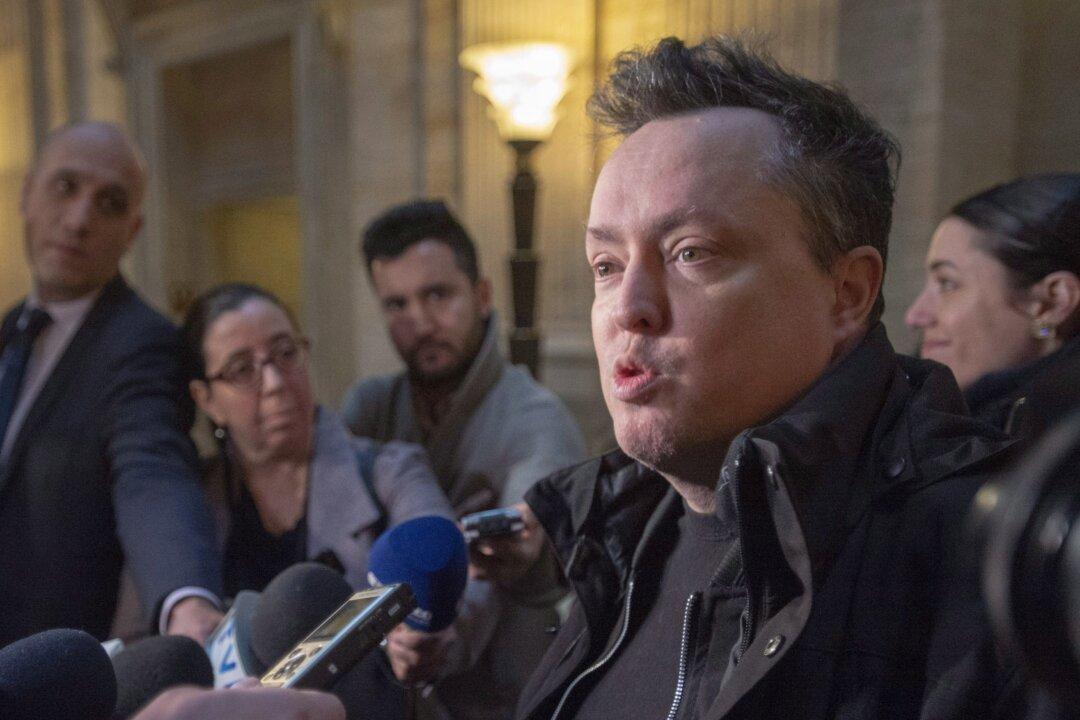Canada’s top court upheld the freedom of a Quebec comedian to make fun of a public figure who suffers from a disability, but the narrow margin of the 5–4 decision has some advocates concerned that free speech rights are in jeopardy.
In 2010, Quebec comedian Mike Ward began telling jokes about Jeremy Gabriel, a teen singer who became famous for performing for celebrities like Pope Benedict XVI and Celine Dion. Eleven years later, the Supreme Court of Canada ruled in a 5–4 decision that Ward’s comments did not constitute discrimination under Quebec’s provincial charter of human rights.





